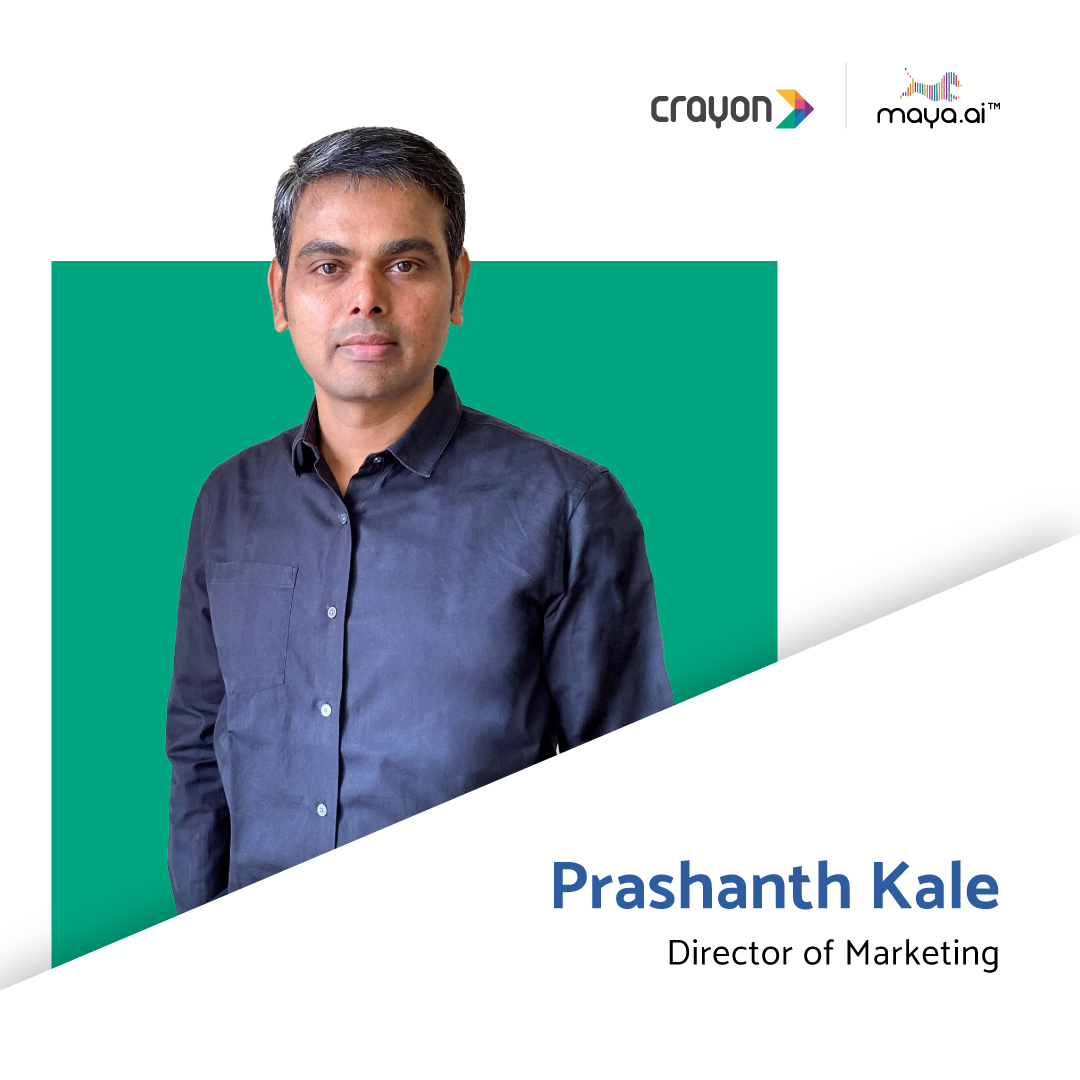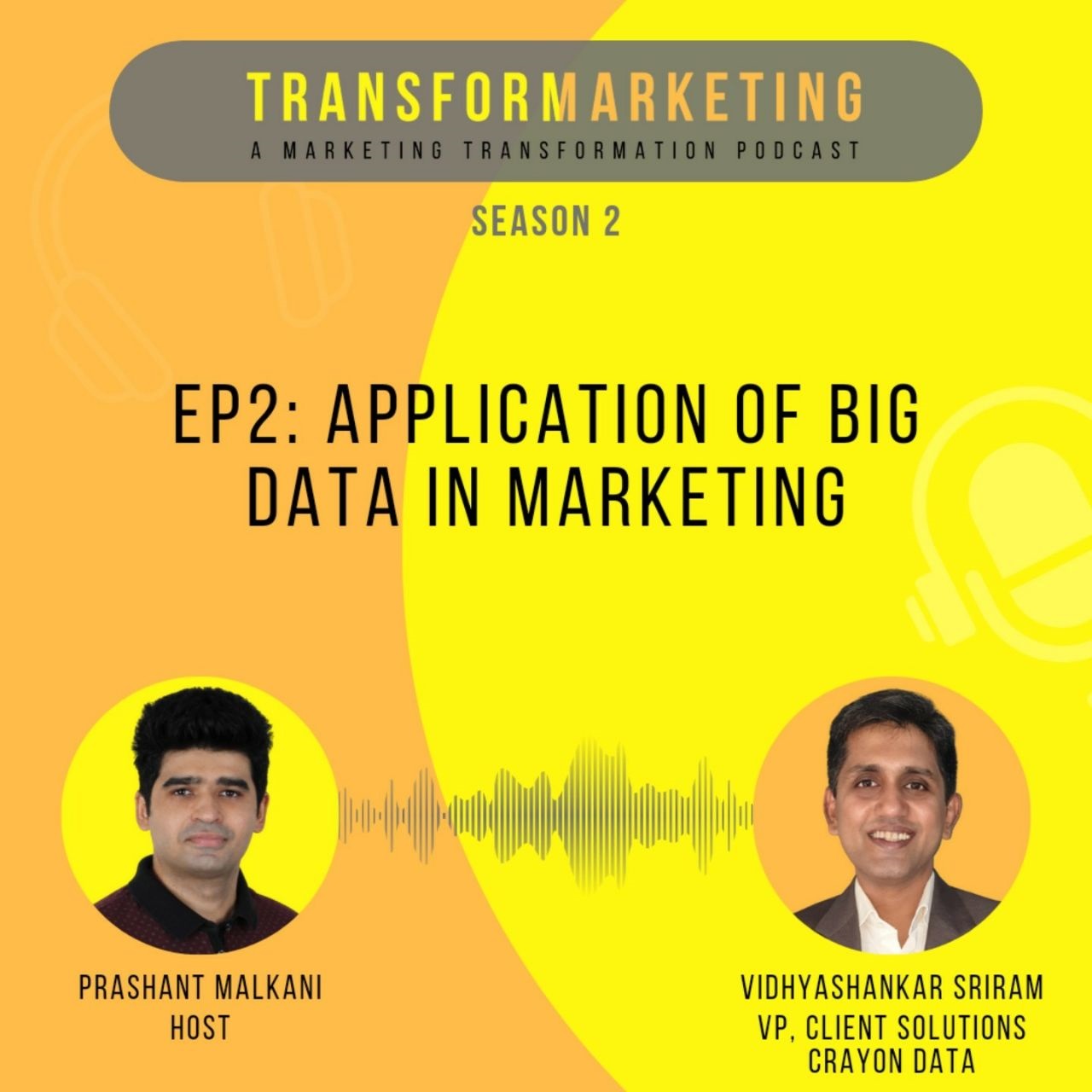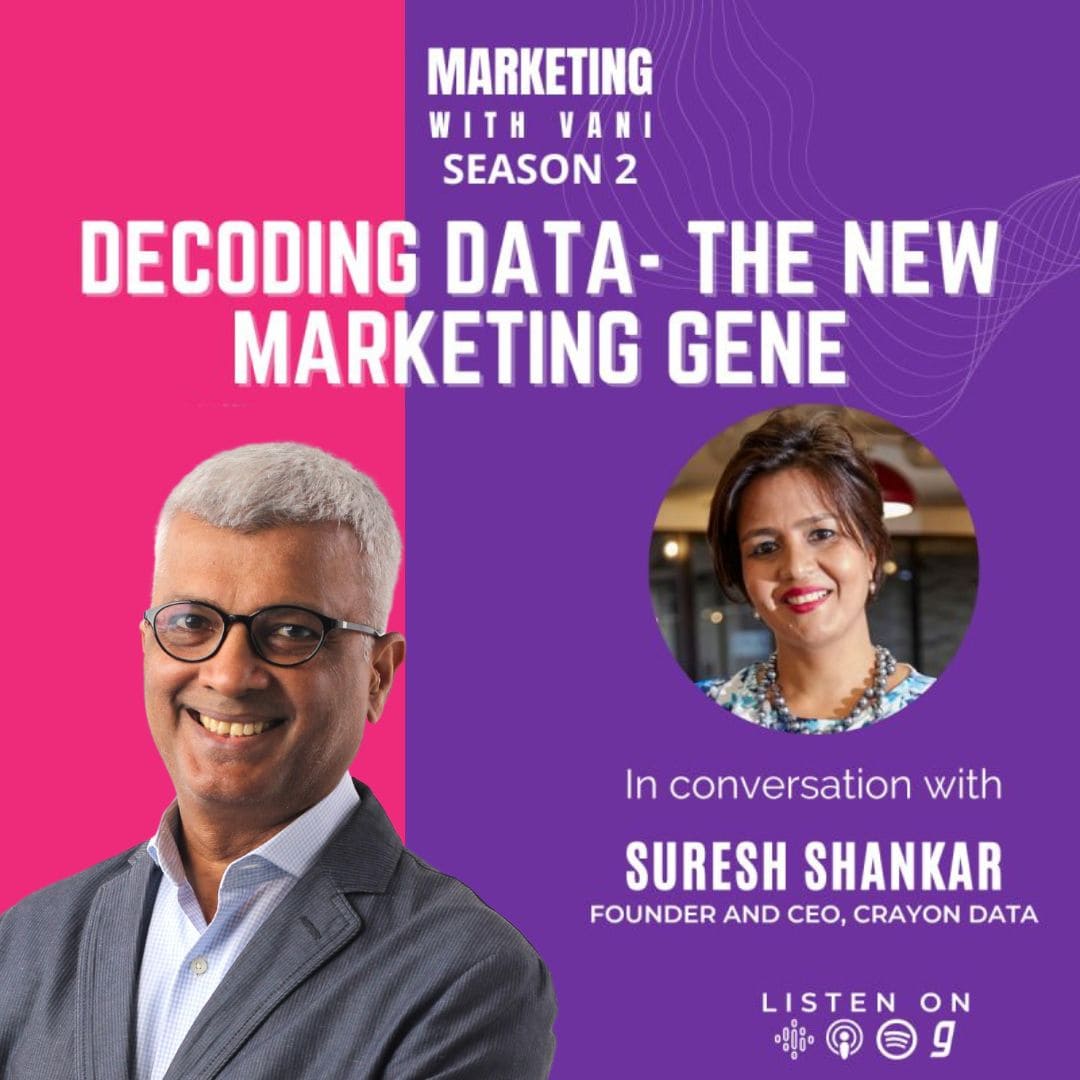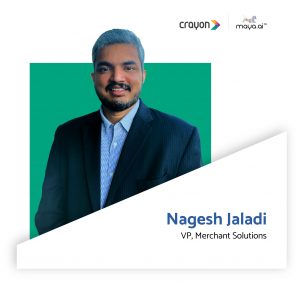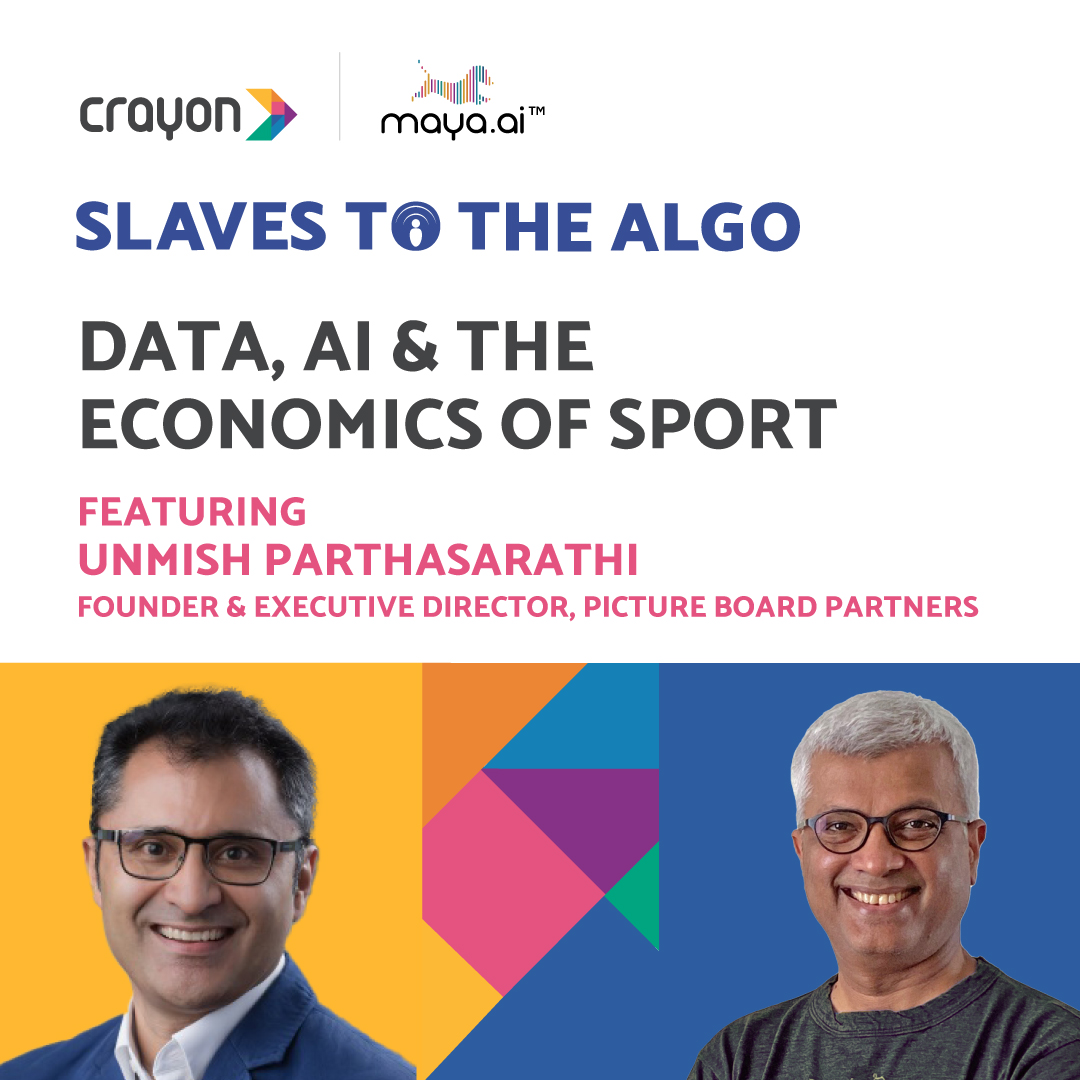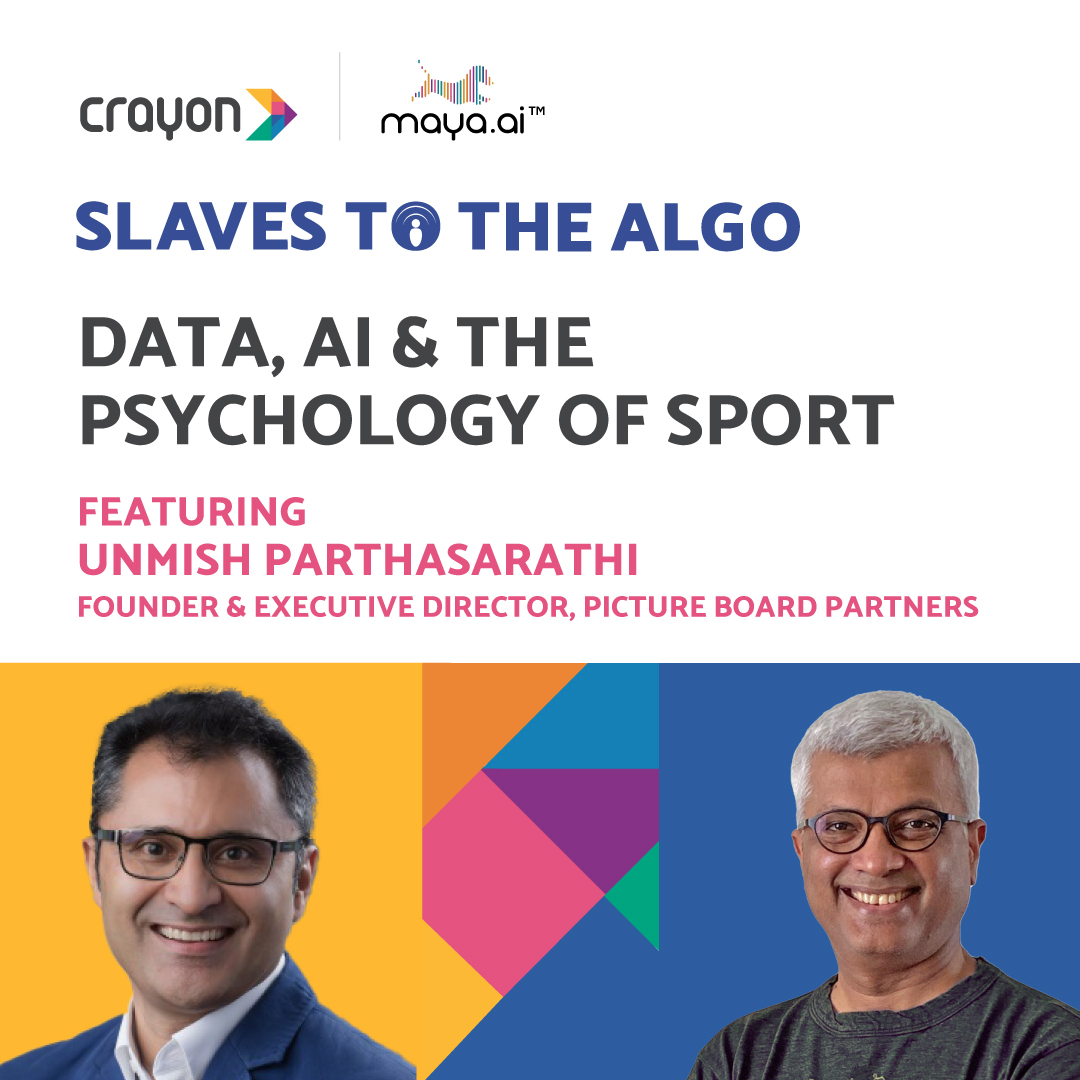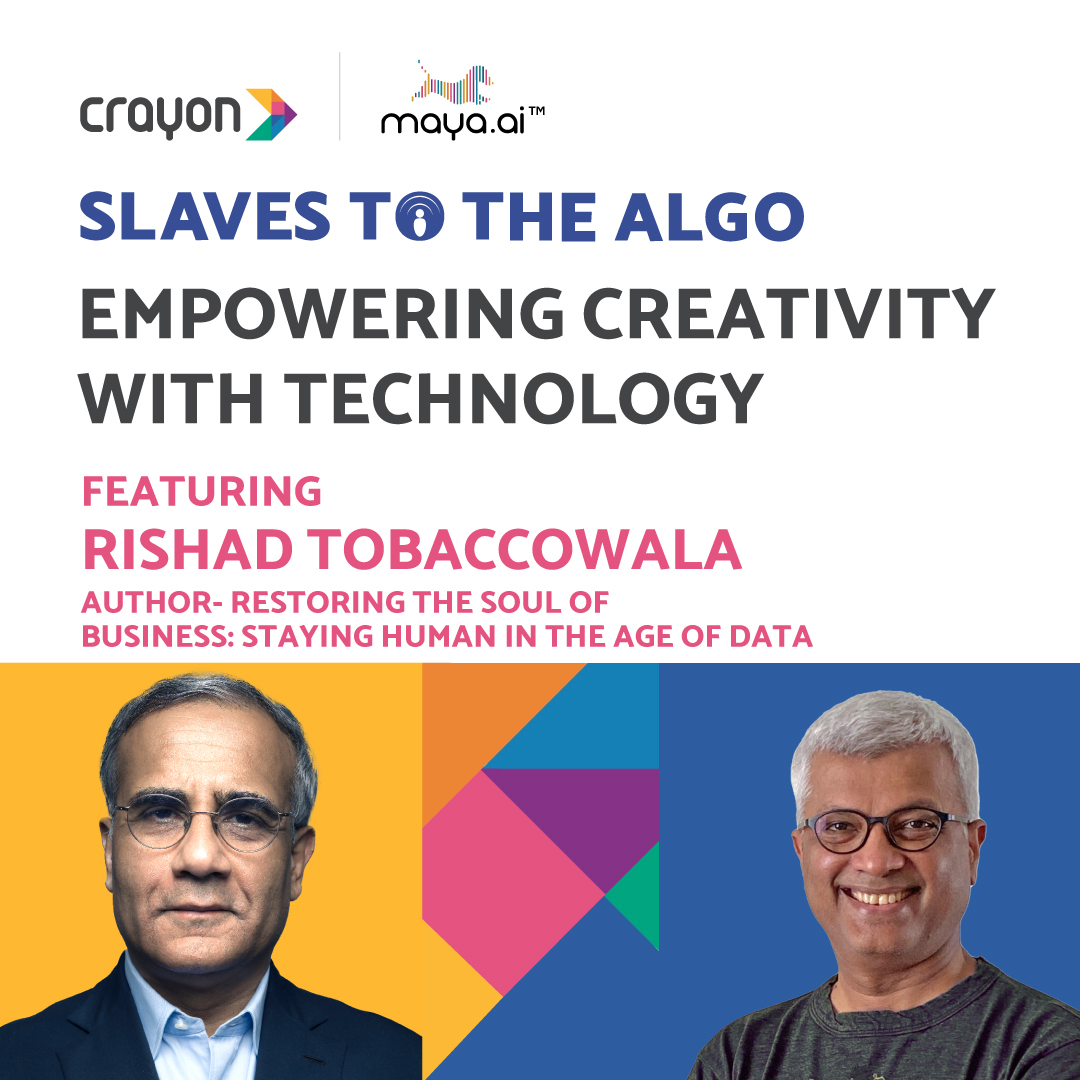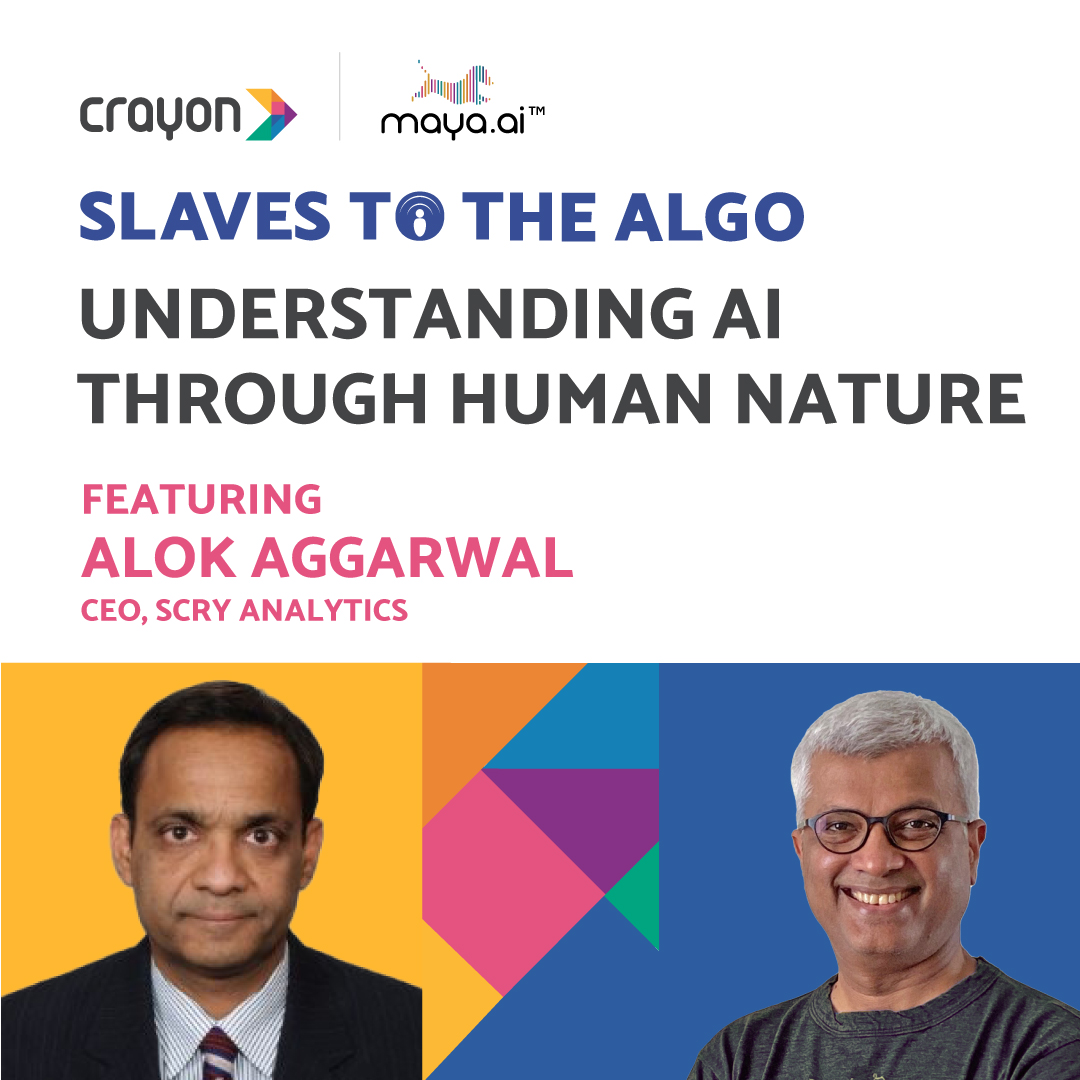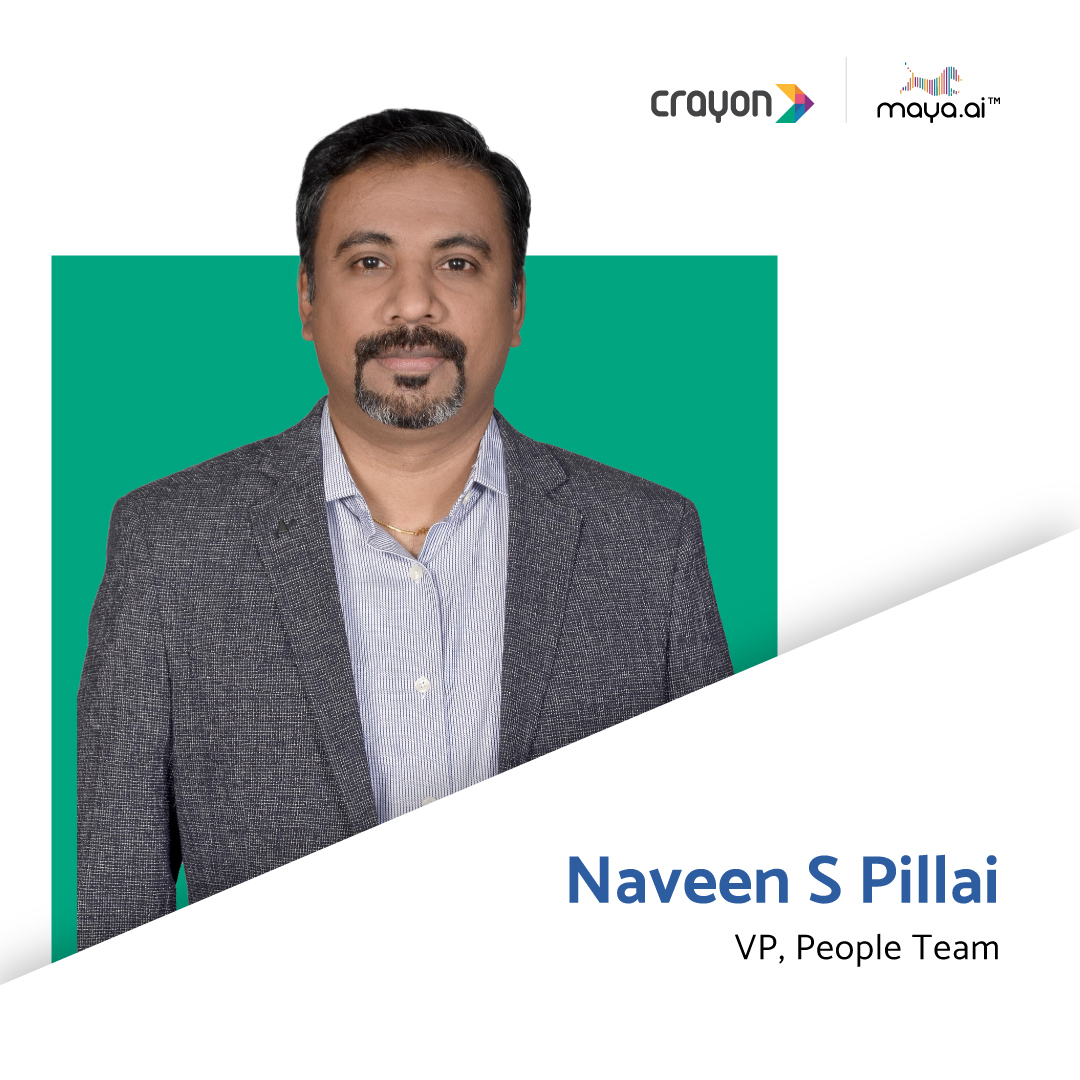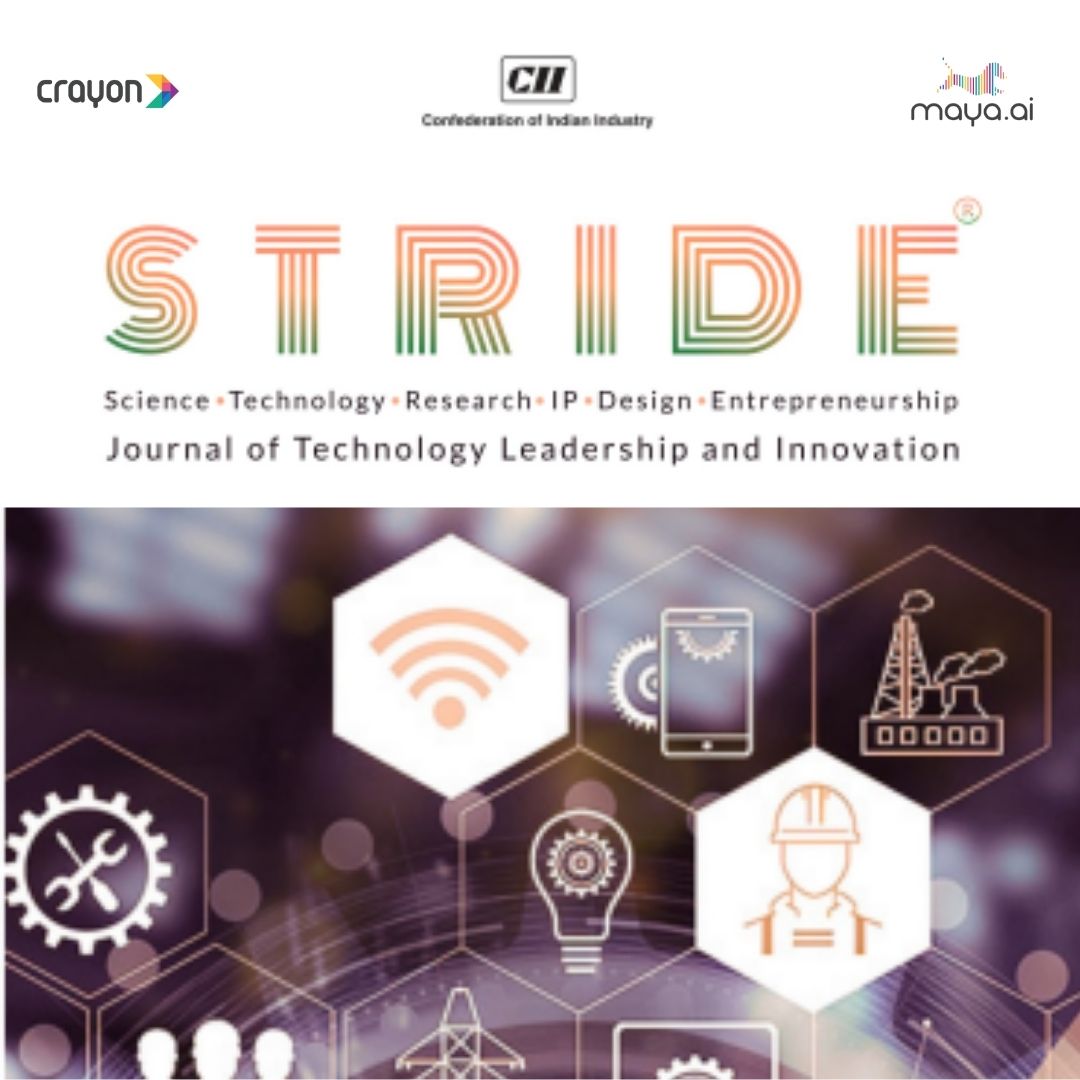I recently read an article on Tech Crunch about Apple’s public pro-privacy stand, and Snowden’s recent public appearance on Twitter.
These two events may not seem related. However, to quote the article, “pro-privacy moves by mainstream tech giants can absolutely chart a link back to Snowden’s 2013 revelations about the extent of government surveillance of the online sphere”.
By snooping on its citizens and regularly hacking into consumer information, the U.S government has triggered much of the debate on data privacy.
There are two axes that govern most privacy debates now: Citizen to Business and Citizen to Government.
First, let’s talk about the Citizen to Business debate. For most citizens, there are four main areas in their lives. They are the self, family, work, and society. People may be tolerant to data mining on the surface of these four areas if it benefits them. However, deep probing into these areas, to understand the personality of the user, may feel like an attack on privacy.
There is a difference in the way of thinking between citizens of developing nations, and that of developed nations. In a scarcity led digital economy, BOP consumers may happily trade their privacy for free benefits. However, when seen by an economist from a developed nation, it will be viewed as an exploitation on socio-economic grounds. When quality is a primary factor in society, privacy is paramount.
Hence, Apple’s declaration of analysis of data derived from the device (currently in use by the consumer), and not from cloud computed data is a welcome step. They have cleverly avoided being labelled as the ‘stalker’.
The Citizen to Government axis seems to be driven by the classic intelligence paradigm – collect all data possible but use it only as and when needed. The data is mostly in digital format. The difference between the time of capture of the data and time of use of the data keeps getting extended, which leads to a lifetime of surveillance.
What concerns citizens? Is it data that the government collects or data that the government uses? Remains to be a mystery!

Karunakaran Neelakandan joins Crayon Data as Vice President of Engineering
Karunakara...
